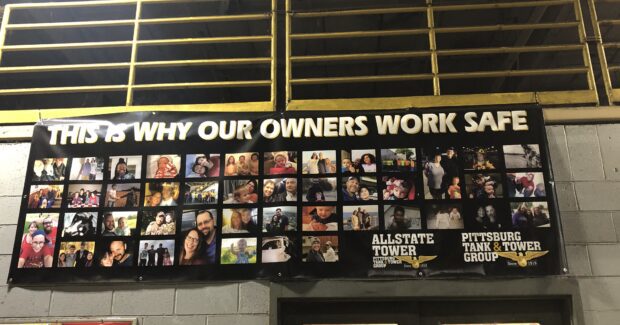A Market That’ll Never Go Away
Manufacturers selling to the public sector need a special business acumen to thrive in this market.
Posted: January 17, 2020
Editor’s Forum
Tax revenues rise and fall, but state and local government has to provide drinking water, pick up garbage, patch potholes, and provide other infrastructure services that represent a market worth almost $270 billion annually.
Selling to the public sector, particularly state and local government, is extremely difficult. Purchasing decisions involve various employees at different levels in a variety of departments, so figuring out who actually pulls the trigger is time-consuming and frustrating. Big-ticket items often have to be approved by a county council or other governing body, adding yet another degree of difficulty to the sale.
A rookie mistake I often saw in my last job as editor of Public Works magazine was that vendors assumed their product would sell itself. They didn’t ask the public works director what keeps him (often her) up at night. They had no idea their potential customer serves two masters: taxpayers and elected officials. Working for a city, county, state, special district, or township is more political than the private sector, particularly at the managerial level. During my tenure, several readers working for large cities – dedicated public servants whose leadership had improved quality of life, competitiveness, and property values – lost their jobs after a new mayor or city council was sworn in.
It takes time to develop and nurture the relationships necessary to make a living supplying such a customer base, but it’s worth the effort.
State and local governments Buy American unless they absolutely cannot find a solution here. The services they provide can’t be outsourced to another country. Humans can’t survive without drinking water. At any given time, a portion of the nation’s 2.7 million miles of streets and roads are being repaved to provide a smoother and safer driving surface.
These are needs government finds a way to meet regardless of economic conditions.
TWO PERFECT EXAMPLES
The two companies profiled in our cover story are two examples of successful manufacturing in the public sector. Their stories shed light on the business acumen needed to thrive in this market.
- Allstate Tower (Henderson, Ky.) is a division of Pittsburg Tank & Tower Group, a company that caught my attention for using remotely operated vehicles (ROVs) – drones – to inspect the inside of steel water storage tanks. I knew drones are used to inspect bridges, but not that they can be submerged in water.
- American Highway Products (Bolivar, Ohio) Owner Scott Fier left his job at a multinational consulting firm to take over his father’s business making steel risers for the nation’s estimated 20 million manholes (roughly one for every 400 feet of pavement).
They’re smart companies that go where the business is and keep it by manufacturing reliable products. I figured their stories would be helpful.
















